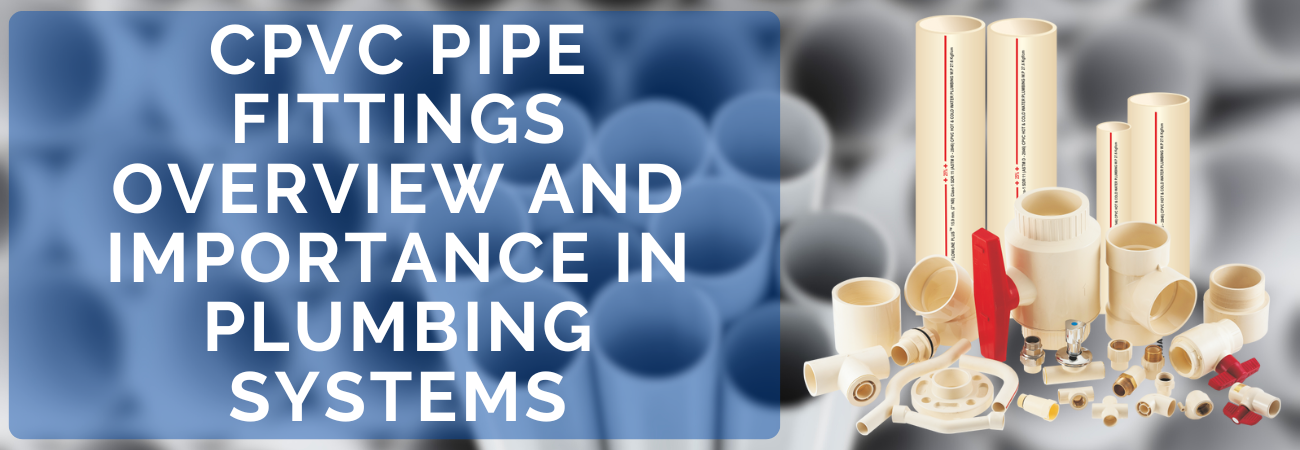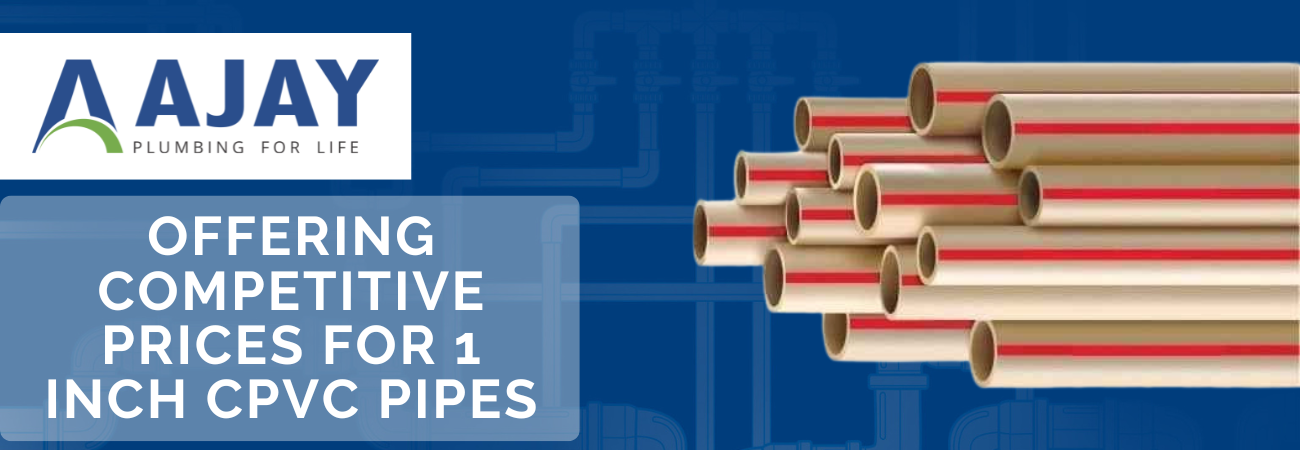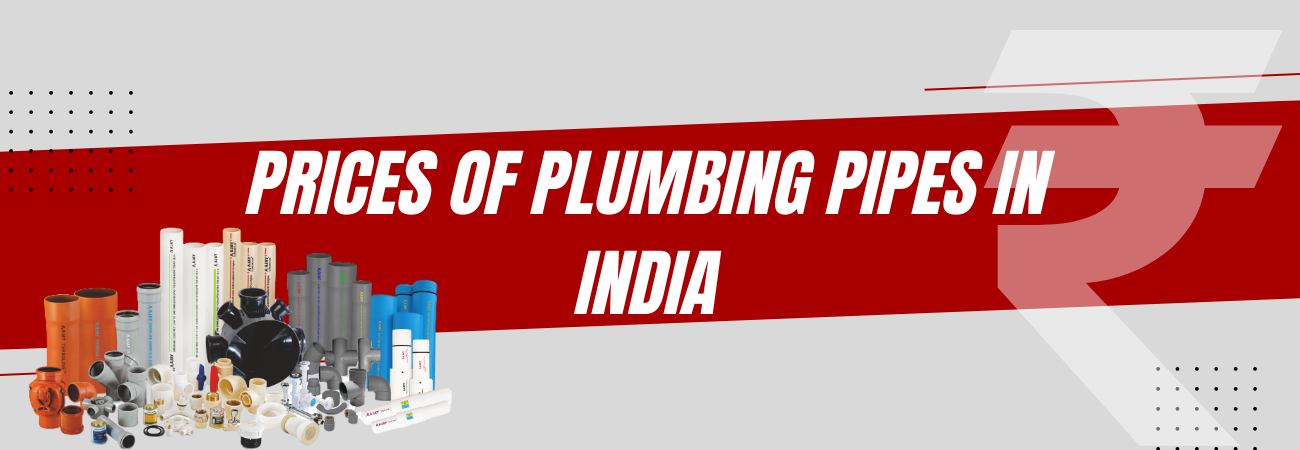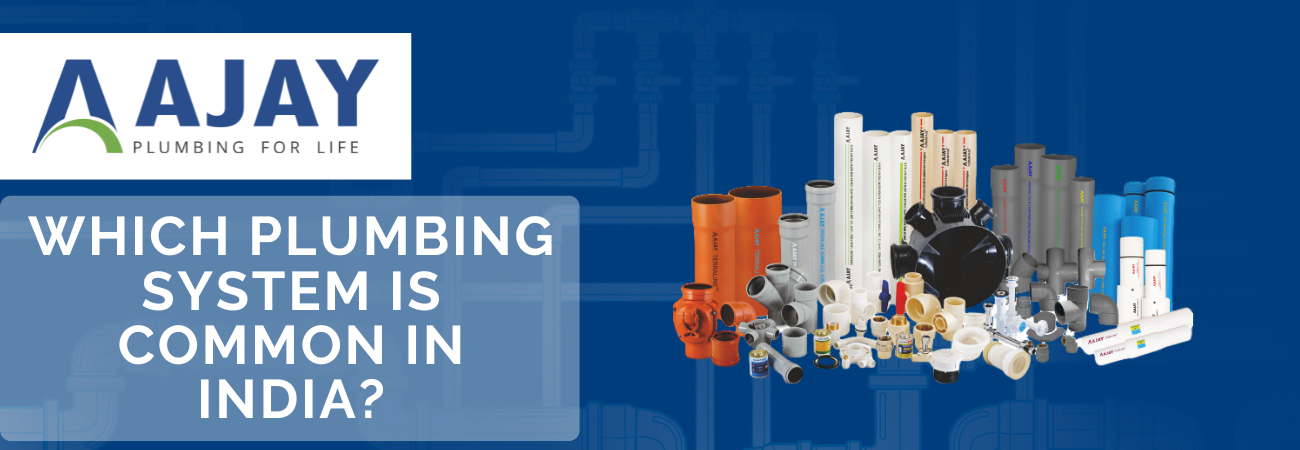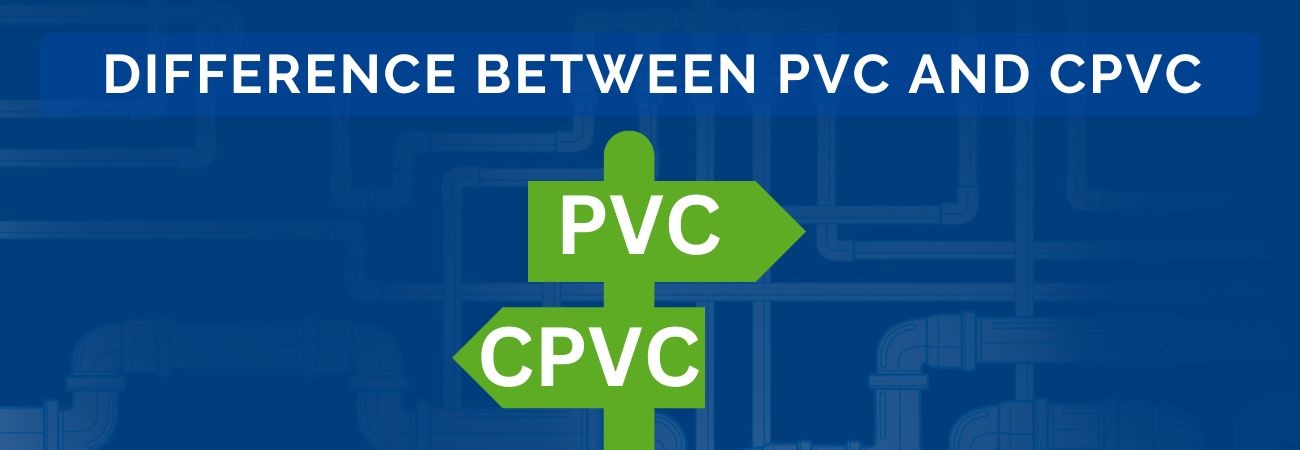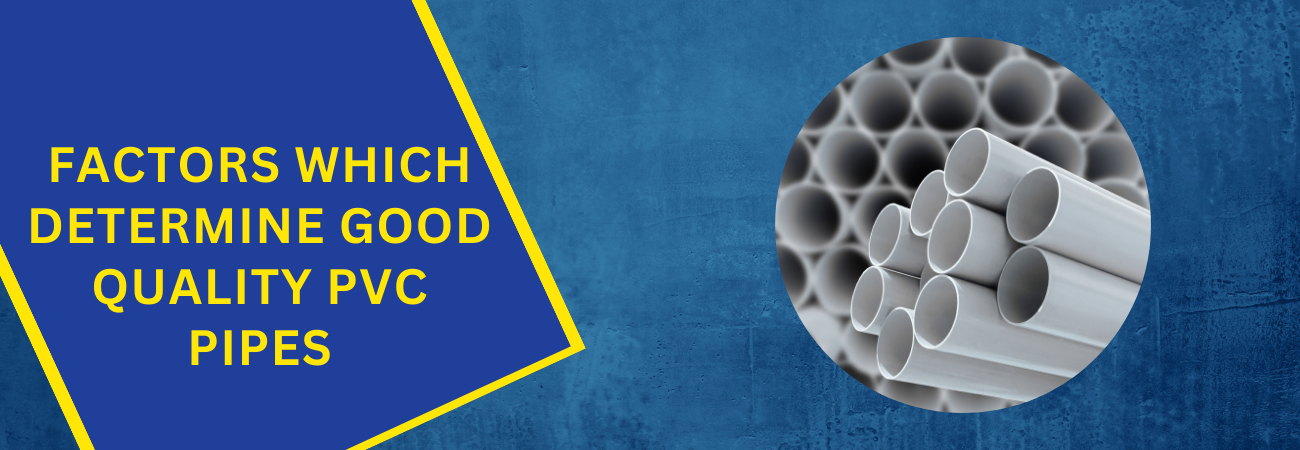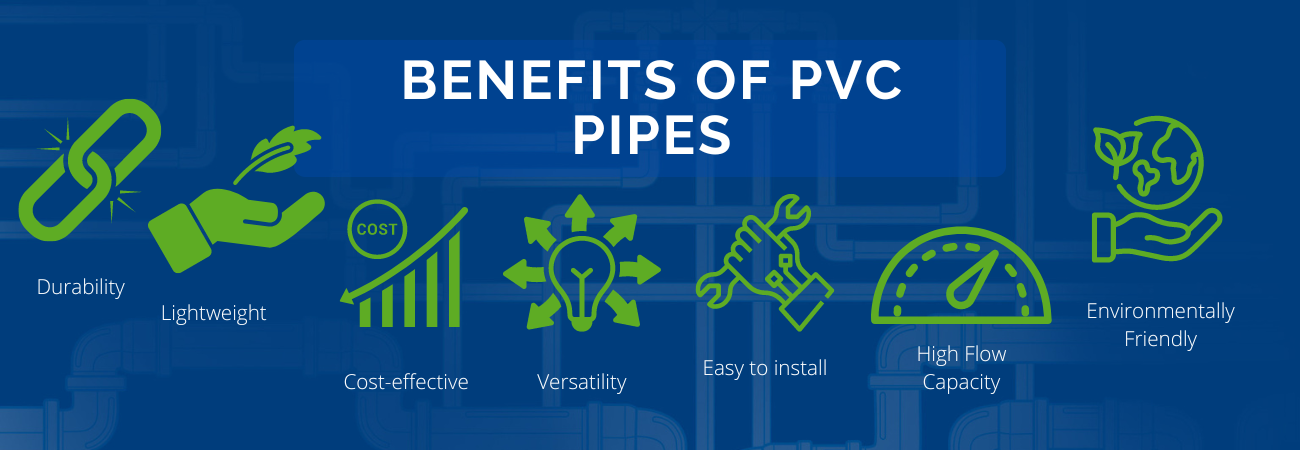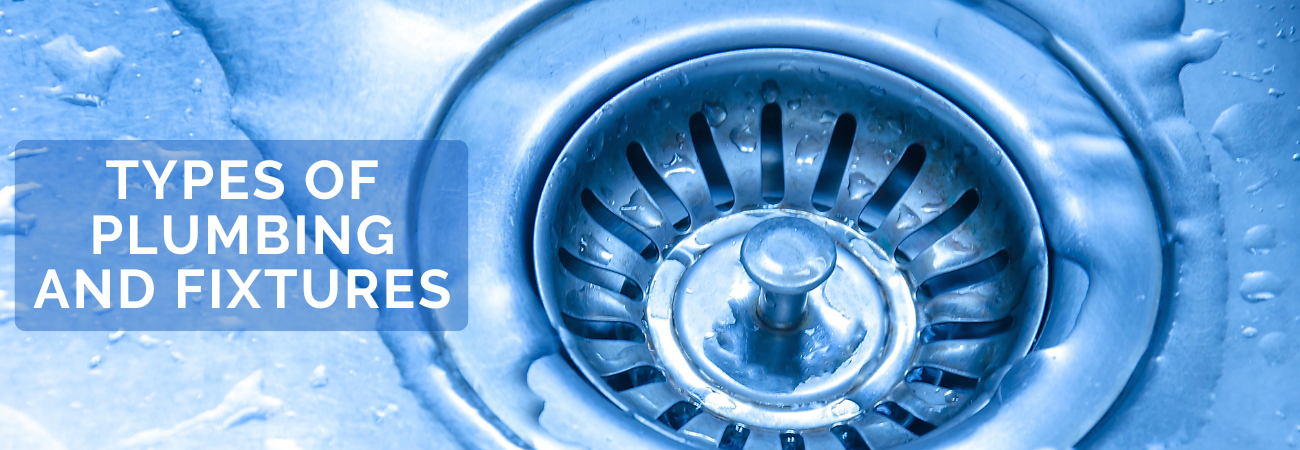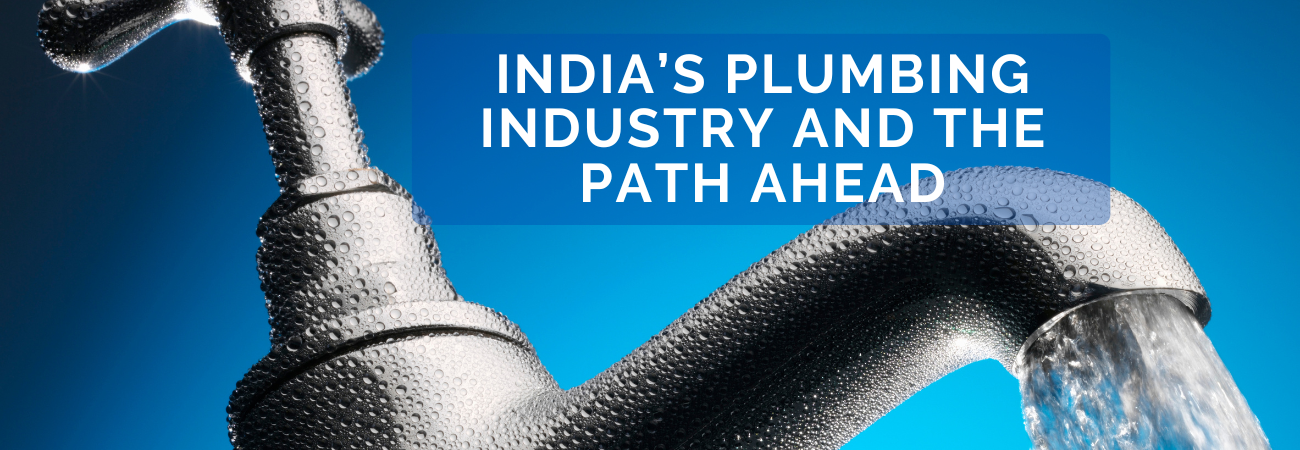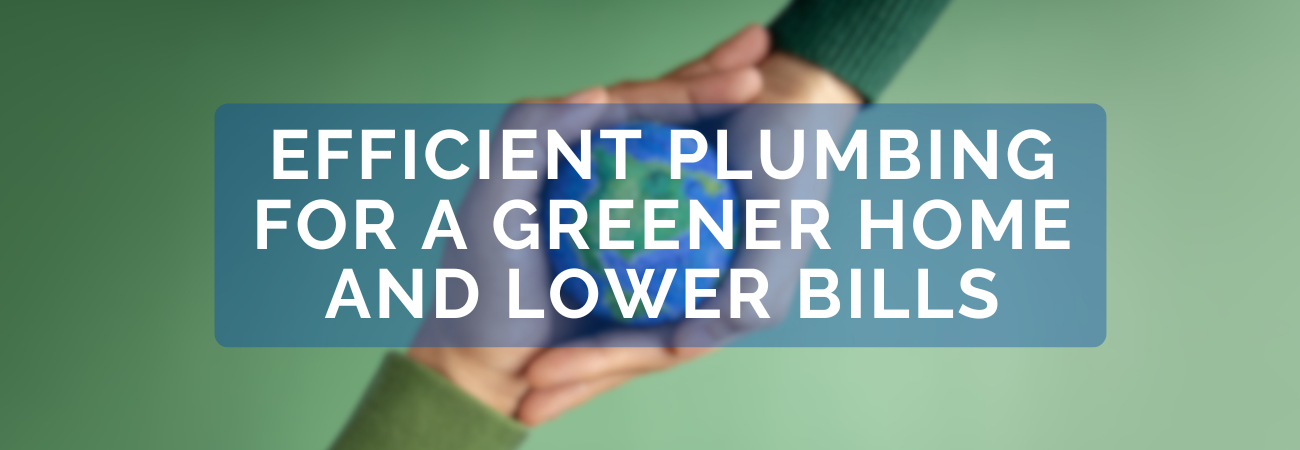Plastic Pipes For Plumbing And Drainage
If you’re considering installing new plumbing or re-plumbing a house, one of the major decisions is which type of plumbing to use. Lead is of course out due to the health concerns. Copper, iron, bronze and galvanized pipe are still in use. However, plastic pipes come with a number of advantages that should make it the default solution for most situations.
Polyvinyl chloride or PVC pipe can be used for nearly every application, including drain pipes, cold water supply lines and vents. CPVC or chlorinated polyvinyl chloride pipe is better suited for hot water lines due to its greater heat resistance. Let’s look at the advantages of plastic pipes over the alternatives in plumbing systems.
Corrosion
Metal pipes can corrode over time. Iron, of course, will rust. Copper pipes can corrode when exposed to rust from a corroding hot water heater; this can contaminate your drinking water. Any metal pipe will degrade over time due to oxidation. All pipes can wear down due to cavitation or excessive pressure at one point, but it is easier to replace plastic pipe than metal pipe. Simply unscrew the connections and install a new one. Compare that to metal pipe that often has to be cut with a metal saw, new pieces installed, and all of it welded into place.
Resilience
Another advantage of plastic pipe is how resilient it is. It will resist corrosion almost anywhere, including when it is buried under your yard or embedded in a concrete slab. This explains why the pipes running to your septic system or sewer line are almost always plastic regardless of the type of pipes inside your home.
While the minerals that make water hard can build up inside of any type of pipe, the smooth inner surface and overall resistance to wear mean it takes much longer for water scale to clog your pipes. Your plastic pipes will therefore work far longer before you have to deal with water pressure drops due to mineral buildup.
Water Safety
PVC pipe (lead free) is always safe to have in contact with your drinking water. It is non-toxic. A little rust in your water isn’t going to hurt you, but corrosion from your copper pipes due to the rusting connections upstream can cause problems. CPVC will last even longer than conventional PVC pipes. In every case, PVC pipes won’t leave that metallic taste metal pipes can give your water. The fact that PVC pipes are less likely to develop pitting can improve your water safety by not giving bacteria a breeding ground within the pipes themselves.
Cost
A clear benefit of plastic pipes is their lower overall price. They’re cheaper to make than metal pipes. They cost less to transport, as well. The lower price of plastic pipes provides a number of side benefits for homeowners. For example, because they’re so cheap, stores are willing to continually stock a variety of sizes. You can almost always find cheap replacement parts for sections of pipe, connectors and angles. A potential benefit of plastic pipes is that a homeowner could replace a cracked pipe or leaking portion on their own instead of calling in a plumber with the necessary tools to fix it.
Summary
The numerous advantages of plastic pipes mean that they should be your first choice when it comes to piping. Do your research and find out which type of PVC or CPVC pipes are best for your particular project.
For more information or visit by our Plumbing Solution Executive, call us on 1800 114 050, mail us on info@ajaypipes.com or logon to our website https://www.ajaypipes.com
For any queries, contact the plumbing experts at Ajay pipes on the Toll Free No. : 1800-11-4050 or via email at our email address info@ajaypipes.com




